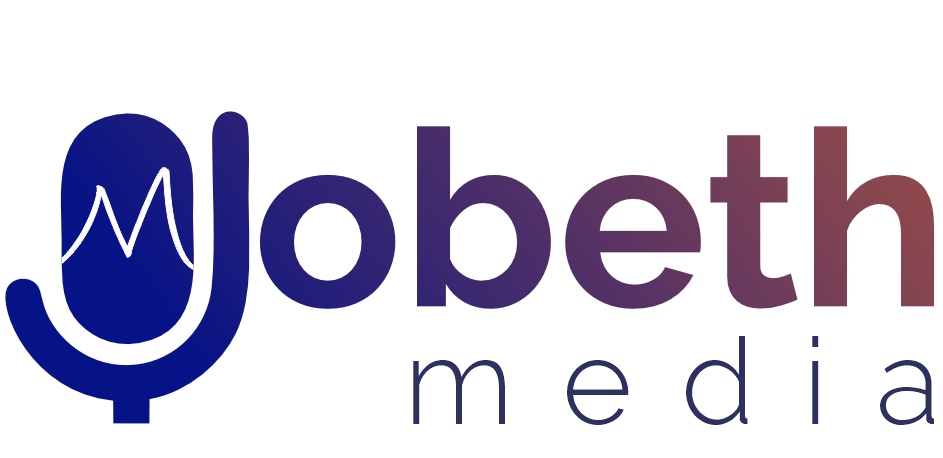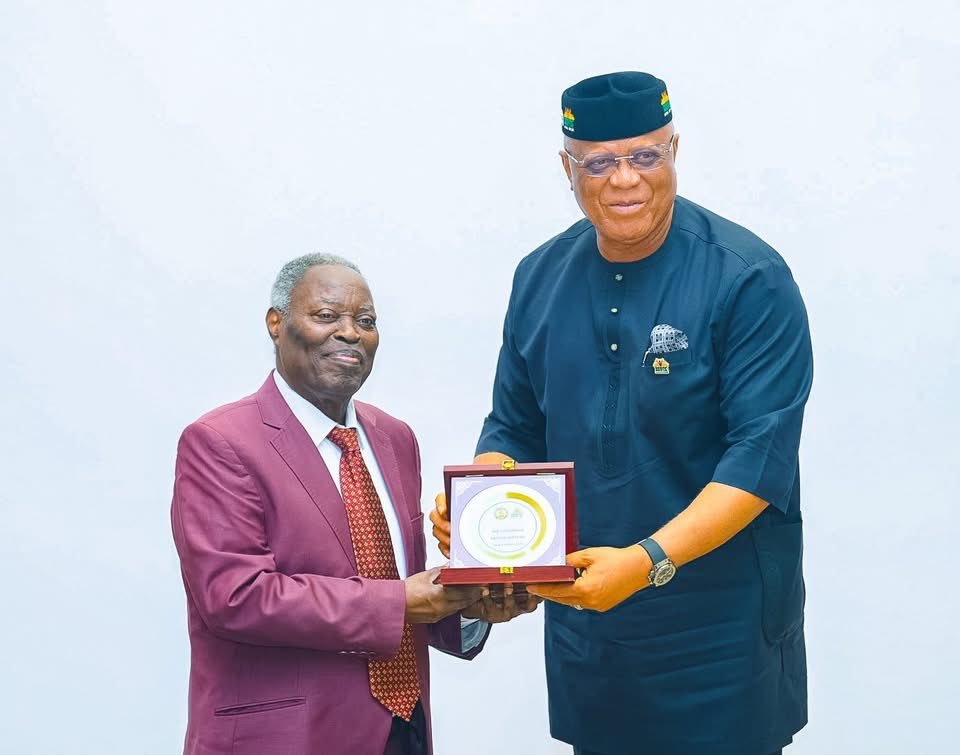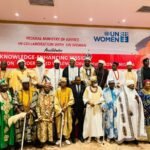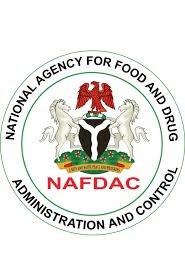EXPERTS URGE JOURNALISTS TO CHAMPION CHANGE AT MERCK FOUNDATION TRAINING
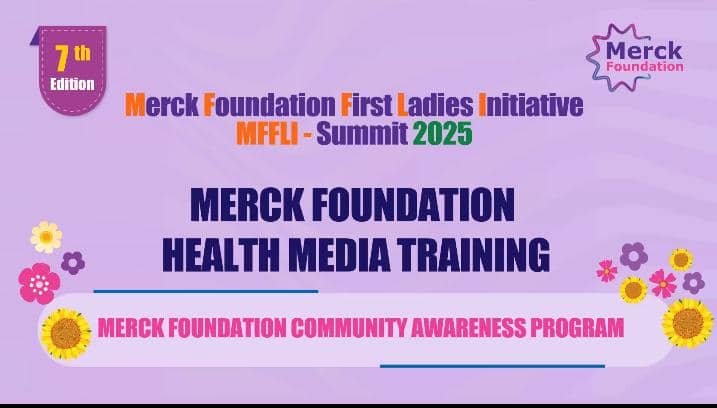
Journalists across Africa have been called upon to act decisively, communicate clearly, and champion social transformation through their reporting.
This charge came during a recent Merck Foundation media training, where health and communication experts emphasized the media’s critical role in addressing deep-seated health and social challenges, from Gender-Based Violence (GBV) and infertility stigma, to child marriage and female genital mutilation (FGM).
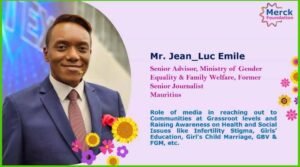
Senior Advisor to the Ministry of Gender Equality and Family Welfare in Mauritius and a former journalist, Mr. Jean Luc Emile, led the call, noting that the media is not just a messenger— it is a catalyst for social transformation.
Speaking further, Dr Emile urged media practitioners to leverage their platforms to counter stigma, misinformation, that often surround sensitive topics in African societies. He emphasized the importance of trustworthy, timely, and culturally sensitive reporting.
He also revealed how traditional media, particularly radio, remains the most effective tool for outreach in many African communities with low internet penetration and poor access to electricity, stating that “radio reaches the grassroots—sometimes with just a battery.”

He cited examples from Mauritius, where targeted radio programs led to an unprecedented number of families expressing interest in fostering children. The campaign broke cultural taboos and connected affected families with support systems, emphasizing the transformative power of grassroots media in addressing issues like infertility stigma and adoption.
Dr Emile lamented how the proliferation of fake news and unverified content on social media has compounded challenges around health misinformation stating that,
“If professional journalists don’t fill the information gap, citizen journalists—without training or ethics—will,” he cautioned.
He urged media practitioners to maintain high ethical standards and avoid sensationalism, particularly when covering topics like GBV, reproductive health, and pandemic-related issues.
In addressing gender-based violence, Emile stressed the importance of confidentiality, sensitivity, and survivor-centered reporting.
Similarly, Mauritian journalist, Fateema Capery moderated a panel discussion, urging her peers to infuse their reporting with integrity and creativity, not clickbait.
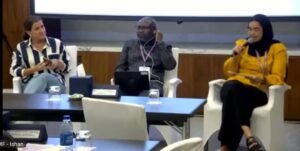
Capery emphasized that modern audiences have short attention spans, and journalists must strike a balance between engagement and ethics, ensuring they inform without distorting.
She cited a successful example from Mauritius, where a program titled “Tell Us Your Problem” provided vulnerable individuals with a platform to voice their challenges—and connected them to solutions via public institutions.
During the Merck training, other expert calls for stronger collaboration between journalists and health professionals, as participants noted that access to credible medical information is often hindered by perceptions of arrogance or gatekeeping within the medical field.
“Without timely, truthful information from health practitioners, we can’t inform the public,” one journalist noted, calling on “Medical professionals, to be willing partners in change.
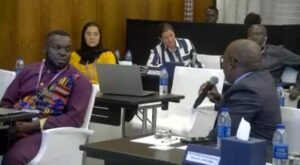
The training, which drew participants from across the continent including Zambia, Ghana, Zimbabwe, and Mauritius, ended with a call for media professionals to amplify underreported issues, support policy change, and build trust with communities through ethical storytelling.

